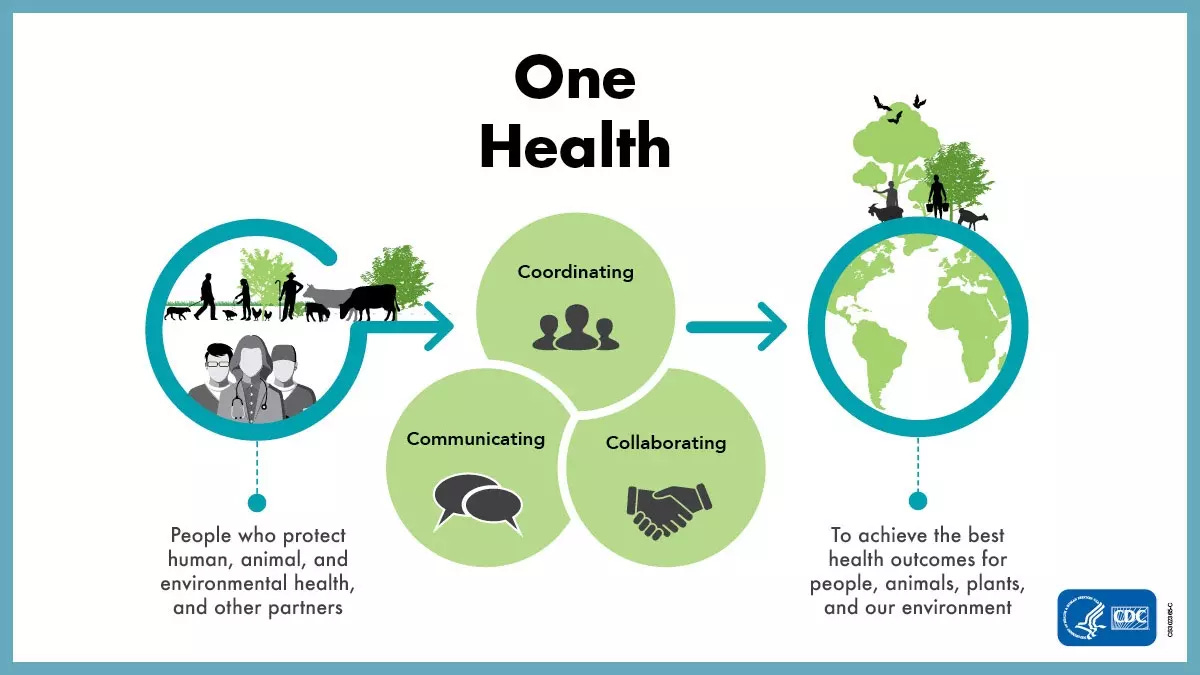by Patrick Wood, Activist Post:

Technocracy seeks to take over the entire planet. The late Rosa Koire saw Sustainable Development, aka Technocracy, as “the blueprint, the comprehensive plan of action for the 21st century to inventory and control all land, all water, all plants, all minerals, all animals, all construction, all means of production, all energy, all law enforcement, all health care, all food, all education, all information, and all human beings in the world.”
I recently exposed the religious nature of this takeover in ‘One Health’ Is A Cult Based On Gaia Worship, Wicca, Neo-Paganism. Technocrats (and Transhumanists) routinely protest that they are not religious, but that is only in relation to Christianity to cover their own proclivity for Paganism, Wicca, and Gaianism. — Technocracy News & Trends Editor Patrick Wood
TRUTH LIVES on at https://sgtreport.tv/
While the World Health Organization has been gaslighting the world about the need for a global “Pandemic Agreement,” the Feds had already rolled out the infrastructure to support it when nobody was watching.
While the United Nations and its WHO should be kicked out of New York into the Atlantic Ocean, the real problem is our own government, which has been front-running the whole operation for years.
It’s called “One Health.”
Initially conceived by the World Wildlife Conversation Association in 2004, the One Health Commission (see below) was funded by the Rockefeller Foundation in 2009 with the objective of spreading the concept widely. It worked.
The NIH (National Institutes of Health) got on board in a 2013 study, Toward Proof of Concept of a One Health Approach to Disease Prediction and Control, where they considered “the role of changing environments with regard to infectious and chronic disease risks affecting humans and nonhuman animals” and “disease prediction and control.” Then…
They found evidence to support each of these concepts but also identified the need for greater incorporation of environmental and ecosystem factors into disease assessments and interventions.
In 2023, not surprisingly, the CDC and the HHS (Department of Health and Human Services) conducted a study: National One Health Framework To Address Zoonotic Diseases and Advance Public Health Preparedness in the United States: A Framework for One Health Coordination and Collaboration Across Federal Agencies.”
So, off to the races they went. spreading the contagion (as a bona fide fact, not!) throughout several government agencies.
The Scope of One Health
The One Health Commission is a 501(c)(3) non-profit funded by other non-profits, including the Rockefeller Foundation.
According to the Commission’s website, here are all of the areas wrapped into One Health:
- Agricultural production and land use
- Animals as Sentinels for Environmental agent and contaminants detection and response
- Antimicrobial resistance mitigation
- Biodiversity / Conservation Medicine
- Climate change and impacts of climate on health of animals, ecosystems, and humans
- Clinical medicine needs for interrelationship between the health professions
- Communications and outreach
- Comparative Medicine: commonality of diseases among people and animals such as cancer, obesity, and diabetes
- Disaster preparedness and response
- Disease surveillance, prevention and response, both infectious (zoonotic) and chronic / non-communicable diseases
- Economics / Complex Systems, Civil Society
- Environmental Health
- Food Safety and Security
- Global trade, commerce and security
- Human – Animal bond
- Natural Resources Conservation
- Occupational Health Risks
- Plant / Soil health
- Professional education and training of the Next Generation of One Health professionals
- Public policy and regulation
- Research, both basic and translational
- Vector-Borne Diseases
- Water Safety and Security
- Welfare / Well-being of animals, humans, ecosystems and planet
Basically, One Health intends to control all facets of life: Economics, water, public policy, occupational health risks, agriculture, global trade, commerce, environmental health, ecosystems, communications, climate change and incidentally, pandemics and human health.
Can you see the plan here? This encompasses 100% of living and inorganic material on the face of the planet.
Whole-of-Government Approach
The CDC has a whole website devoted to it:
One Health is a collaborative, multisectoral, and transdisciplinary approach — working at the local, regional, national, and global levels — with the goal of achieving optimal health outcomes recognizing the interconnection between people, animals, plants, and their shared environment.
One Health is an approach that recognizes that the health of people is closely connected to the health of animals and our shared environment. One Health is not new, but it has become more important in recent years. This is because many factors have changed interactions between people, animals, plants, and our environment.

What are the “many factors” that have changed? Obviously, none. But that hasn’t stopped them from linking your health to animals and ecosystems. The rhetoric is insidious:
Successful public health interventions require the cooperation of human, animal, and environmental health partners. Professionals in human health (doctors, nurses, public health practitioners, epidemiologists), animal health (veterinarians, paraprofessionals, agricultural workers), environment (ecologists, wildlife experts), and other areas of expertise need to communicate, collaborate on, and coordinate activities. Other relevant players in a One Health approach could include law enforcement, policymakers, agriculture, communities, and even pet owners. No one person, organization, or sector can address issues at the animal-human-environment interface alone.
You might think the Center for Disease Control has overstepped its boundaries. Now, it is crossing over to law enforcement, veterinarians, ag workers, policymakers, wildlife experts, ecologists, and even pet owners.
The Biden Administration is taking a whole-of-government approach to One-Health.
The USDA, like the CDC, has its own website:
The health of animals, people and the environment is connected. The “One Health” approach is the collaborative effort of the human health, veterinary health and environmental health communities. Through this collaboration, USDA achieves optimal health outcomes for both animals and people.



